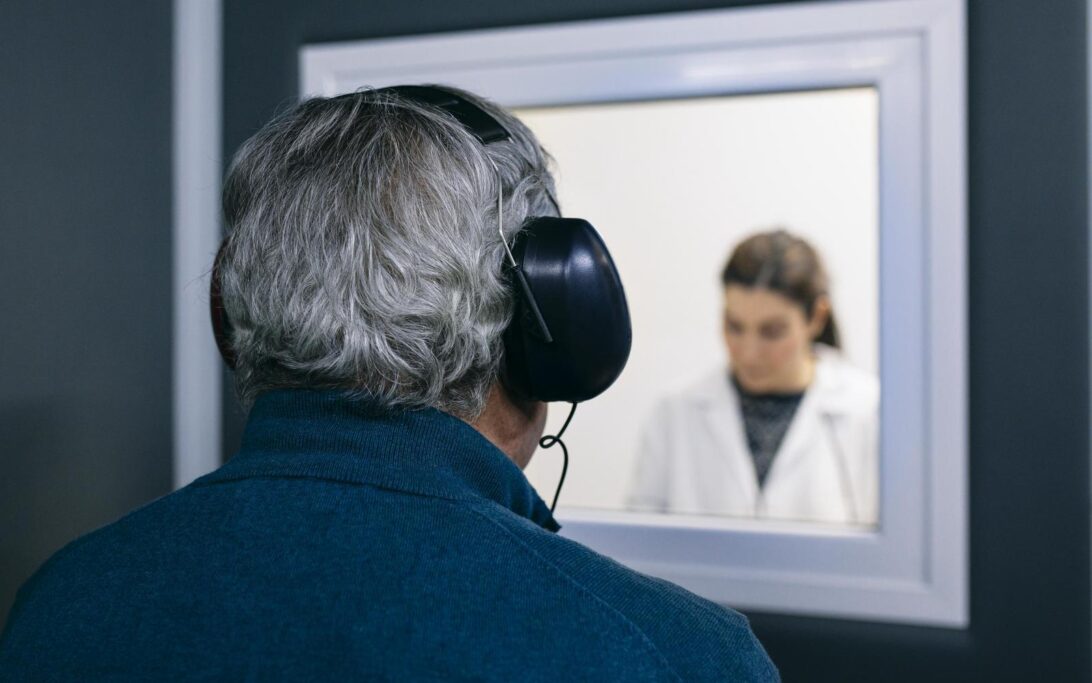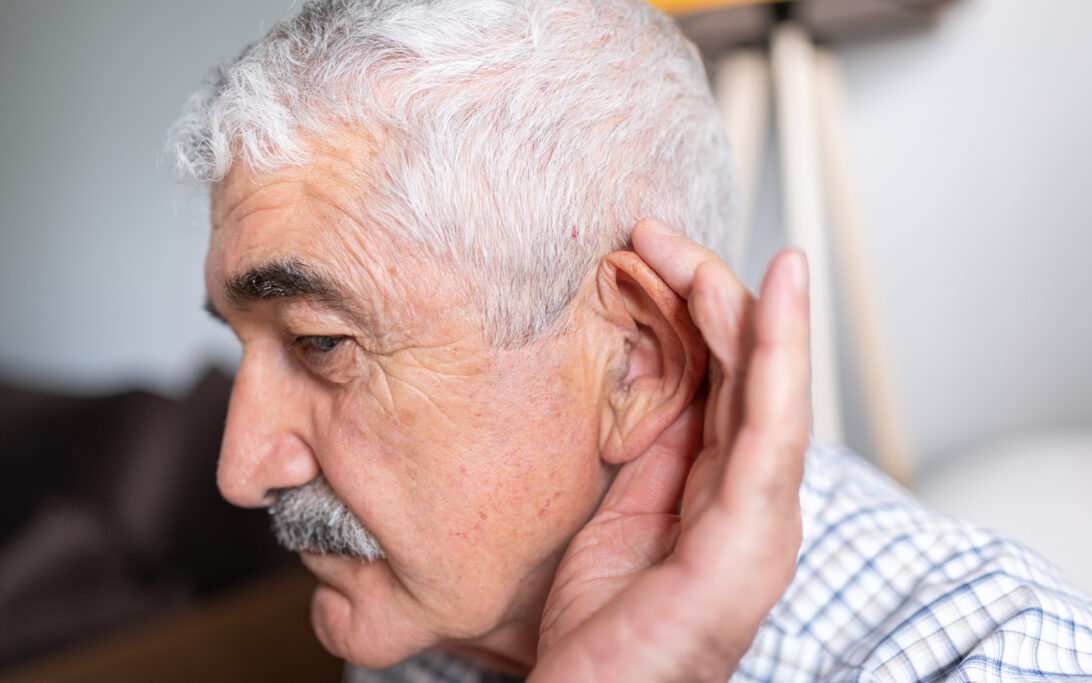
Unilateral hearing loss means reduced or absent hearing in one ear, while the other ear hears better or even normally. If the hearing loss is profound, it is also known as unilateral deafness, single-sided deafness (SSD), or one-sided deafness.

Unilateral hearing loss means reduced or absent hearing in one ear, while the other ear hears better or even normally. If the hearing loss is profound, it is also known as unilateral deafness, single-sided deafness (SSD), or one-sided deafness.

Many people notice changes in their hearing at some point in life. These changes can happen gradually or suddenly, at a young age or later in adulthood. Understanding hearing loss causes can help you make sense of what is happening and what steps you can take next.

Hearing loss rarely arrives overnight. For most people, it’s gradual change can be so subtle that the brain adapts, and you don’t notice until everyday listening starts feeling harder than it used to be. That’s why recognizing hearing loss symptoms early matters. The sooner you spot the signs, the sooner you can get a clear diagnosis and treatment.

Low-frequency hearing loss affects your ability to hear deep, bass sounds, like deep voices or the rumble of thunder. Though less common than high-frequency hearing loss, it can still impact speech understanding and overall quality of life. In this article, we’ll explore what it is, what causes it, and how it can be treated.

Hearing loss equals hearing aids, right? Not necessarily! We’re here to talk you through all the possible alternatives. Plus, find out what options might be right for you.

A microtia ear may just seem like an ear that looks different, but there’s actually a congenital condition behind it that can affect both hearing and quality of life. Sometimes microtia means having a tiny or unusually shaped ear; in other cases, it means being born with little to no external ear at all. But what exactly causes microtia, how is it diagnosed, and what treatments are available for people with no ears or underdeveloped ears?